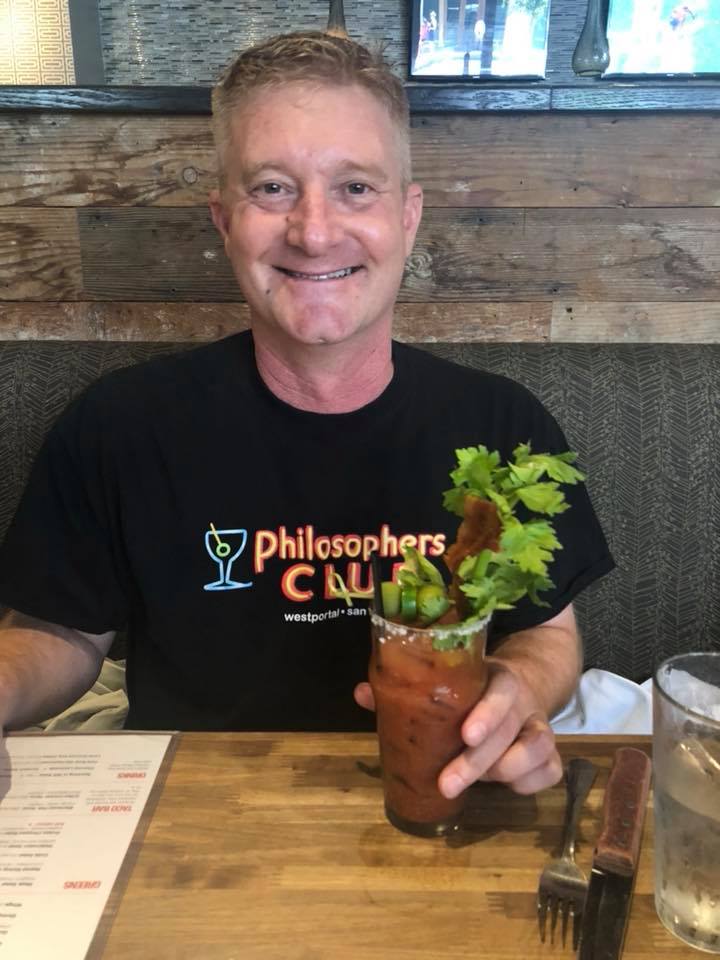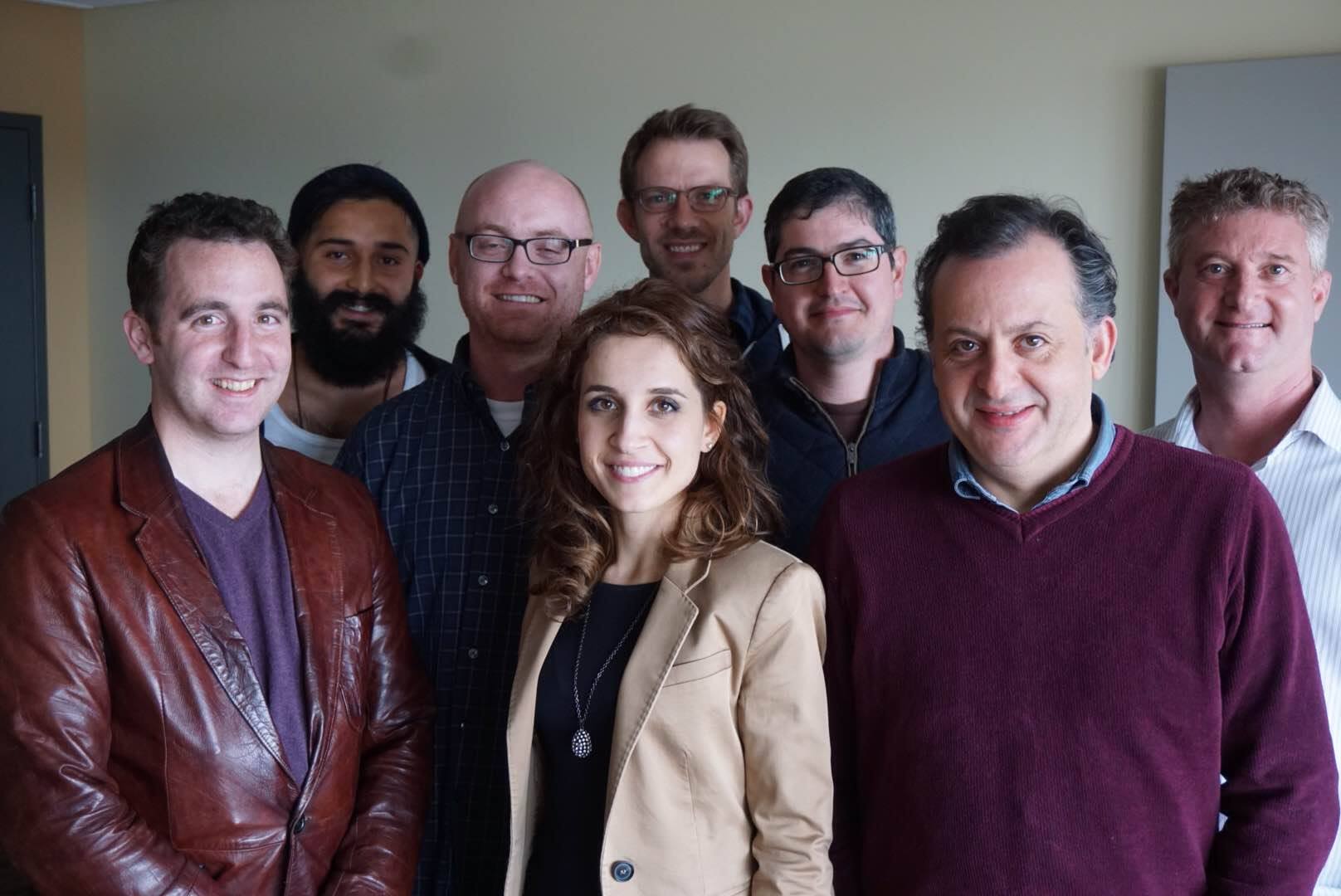In Loving Memory: Abrol Fairweather

The Philosophy Department is deeply saddened to announce the passing of our former colleague and friend, Professor Abrol Fairweather.
Abrol Fairweather (March 9, 1969-April 5, 2025)
Abrol Orion Fairweather grew up and spent most of his life in the west coast of the USA. As a teenager, he lived in Pacific Palisades, Los Angeles, where he attended the Palisades Charter High School. He then enrolled at UCLA for his undergraduate degree, receiving his BA inphilosophy in 1992. At UCLA, Abrol met Philippa Foot, with whom he interacted frequently. He always spoke of his meetings with her fondly, and he was certain that his conversations with Foot were the best way of doing philosophy, through engaged understanding with someone who cares deeply about it. Foot inspired Abrol’s lifelong interest in the work of Ludwig Wittgenstein and in the set of views that fall under the umbrella of virtue theory. He continued his studies in philosophy at UC Santa Barbara where he obtained his doctoral degree under Anthony Brueckner in 2005.
Abrol lectured at University of San Francisco, but he primarily taught at San Francisco State University, where he guided many students who succeeded in pursuing philosophy at the graduate level. Abrol was a passionate and energetic teacher who loved teaching a wide variety of topics, including philosophy of religion and introduction to philosophy, which reflected his capacious philosophical outlook. His interests included philosophy of science and ethics, both areas in which he contributed to the profession.
Abrol is best known as the co-editor, with Linda Zagzebski, of the important volume Virtue epistemology: Essays in epistemic virtue and responsibility (2001, Oxford University Press).This pioneering book started a debate on epistemic virtues that led to other fundamental debates in epistemology, for instance, the possibility of epistemic situationism. Abrol also co-edited, with Mark Alfano, an authoritative and pioneering volume on this issue, the first sustained examination of epistemic situationism, appropriately titled Epistemic situationism (2017, Oxford University Press). Abrol also focused on the possibility of naturalizing virtue epistemology, co-editing a volume with Owen Flanagan on this topic, Naturalizing epistemic virtue (2014, Cambridge University Press).
At San Francisco State, Abrol collaborated with Carlos Montemayor, co-authoring articles and a book on the importance of attention in epistemology, as well as co-teaching an MA seminar on virtue epistemology. Their book on the possibility of an attention-based epistemology emphasized epistemic agency and epistemic achievement: Knowledge, dexterity, and attention: A theory of epistemic agency (2017, Cambridge University Press). More recently, inspired by concerns about the erosion of our capacities for joint attention and linguistic communication, Abrol co-edited a volume, with Montemayor, Linguistic luck: Safeguards and threats to linguistic communication (2023, Oxford University Press), contrasting it to the debates on moral and epistemic luck. These novel accounts aimed to solve difficulties in epistemology and philosophy of language.
Abrol was very fond of music, particularly jazz and blues, which also became an academic interest, and he and Jesse R. Steinberg co-edited the volume Blues-Philosophy for everyone: Thinking deep about feeling low (2012, John Wiley & Sons). Abrol didn’t have an easy life. His childhood was marked by the premature death of his mother and his father struggled to raise a child in the early 70s, and Abrol continued to reflect on these experiences in the final years of his life. In addition, as a lecturer at San Francisco State, Abrol suffered the anxiety and vulnerability of teaching a heavy course load at a program with scarce resources, while working and living in the increasingly unaffordable Bay Area. A congenital heart defect meant that he required a heart transplant, followed by years of careful medical supervision. His affection for the blues was justified, but he enjoyed live music whenever he could. Likewise, he never stopped thinking about philosophy, caring deeply about conversation and worrying that our current practices of communication have compromised its integrity.
Abrol died on April 5, 2025 from a lung infection. He is survived by his daughter, Barbara.
Carlos Montemayor, San Francisco State University



